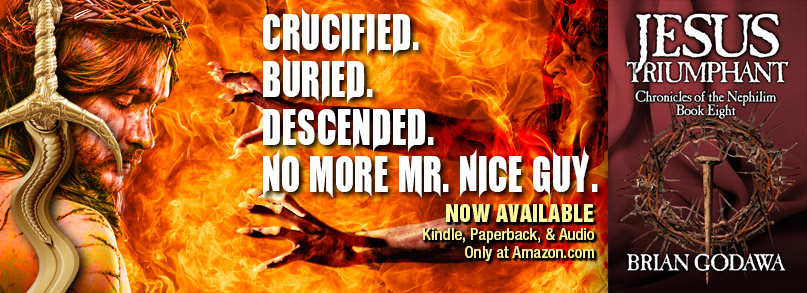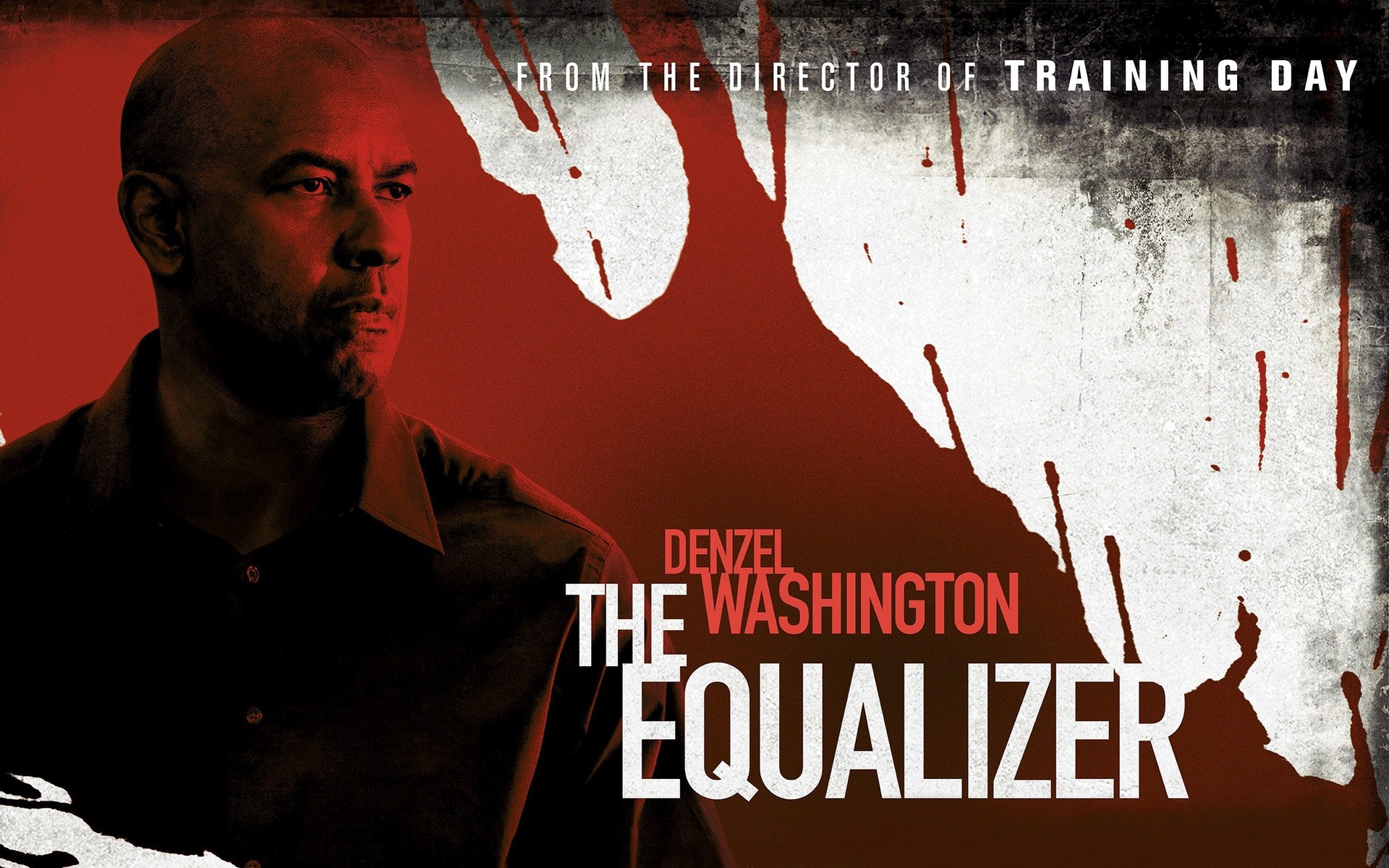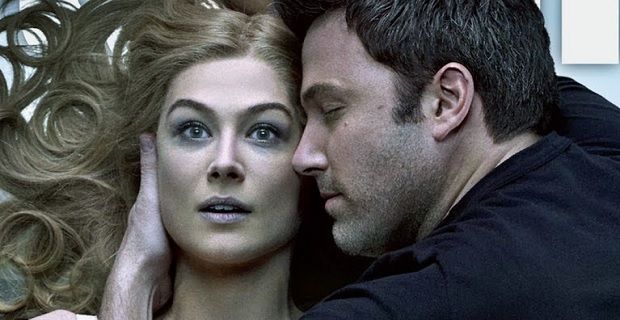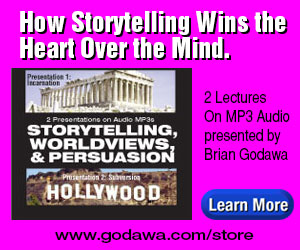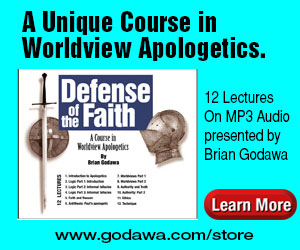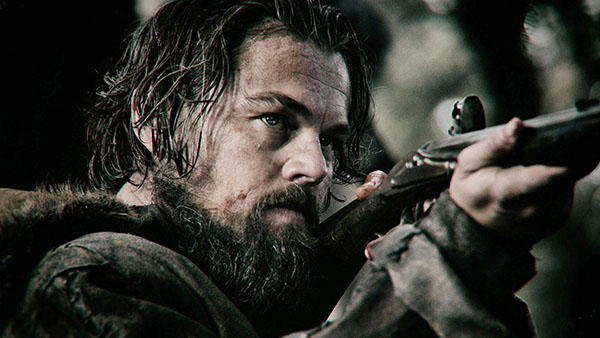
Though we don’t have the Oscar nominations yet, I labeled this as one of my 2015 Oscar Watch commentaries because after seeing it, I am confident of two things: 1. The Revenant will receive an Oscar nomination for best picture and best director, and 2. Leonardo DiCaprio will win best actor for his gut wrenching performance as the frontiersman Hugh Glass.
Alejandro Inarritu directed this vast, weighty, sprawling epic that tells the story as much through visual and visceral filmmaking as through its dramatic exploration of the primal urge for revenge. Yes, it is brutal, but it is also beautiful. And I don’t mean “beautiful brutality” as in a Tarantino film. I mean the fearful symmetry of life that is the fallen splendor of creation.
Inarritu interweaves words, visual, audio and emotional drama into a masterpiece of storytelling tapestry. This is the kind of movie that shows you the real fullness of what film can do that other media cannot. Something I have not seen in a while. As you watch the brutality of winter trappers fighting with local American native tribes over pelts, you sense, you feel the power of man against the elements and man against man, that these early Americans had to overcome. The bear attack is at once truly terrifying and yet profound in its incarnation of man vs. nature.
In the world of filmmaking, you have the “arthouse” movies that are so obsessed with being “creative,” that they result in boring pretentiousness. And you have the “Hollywood machine” movies that seek to be a drug fix of action adrenaline that can be empty and shallow. Inarritu manages to transcend both and bring it all. Action, beauty, art, human depth and story. He did it with the Oscar winner Birdman last year, an existentialist exploration of our search for significance, and this year, he just might do it again with The Revenant.
The reason I am so impressed with Inarritu is because he is like Terrence Malick with a good story. Although I don’t often agree with his worldview, I do appreciate his filmmaking as a unique and creative voice in cinema (See my commentaries on his thoughtful films 21 Grams, and Birdman).
In The Revenant, he wrestles with the universal moral dilemma of revenge vs. justice. Bad revenge movies celebrate vigilanteism – or retribution outside the law (see my reviews of on The Punisher, Walking Tall, Sin City, A Time To Kill) Good revenge movies sympathize with the universal human desire for justice against criminals, especially murderers, but also deal honestly with the spiritual reality that revenge destroys the soul of the vigilante. (see my commentaries for Man on Fire, The Equalizer).
The Christian worldview proposes that God achieves justice, or in other words, his vengeance against criminals, legally through the state, not through personal vengeance outside of the law (Romans 12:19-13:5). Capital criminals deserve to die, but by the hand of the state and within the law. Of course, self defense is also a legitimate means for righteous violence (Exodus 22:2-3). But the main point is that certain evil men deserve to die, but if you do not achieve that justice through legal moral means, it will destroy you, and turn you into the very monster you seek to punish.
The Revenant brings in this spiritual dimension into the discussion in a way that other revenge movies sometimes miss. Hugh Glass is a man between worlds, a white man with a child from his marriage to a Pawnee woman, now dead. Don’t worry, no spoiling yet. This cinematic world has a fairly good balance of viewpoints within it. Yes, the Indians think the white man stole their land and their animals, but they also steal land and animals from each other, as well as from the white man, and the Indians kill each other as well. So there is no pristine “noble savage” nor thoroughly evil European here. All flawed, all human, too human.
At one point in the film, Hugh meets a Pawnee Indian whose family was wiped out by the Sioux. Hugh cannot understand why he is seeking to find more of his people to settle with rather than seeking revenge on the offending warriors. The Pawnee tells him, “Revenge is in the Creator’s hands.” This becomes a thematic challenge to Hugh’s own personal journey of revenge. And the moral issue that is addressed with thoughtful poignancy through the movie.
The villain, John Fitzgerald, played masterfully simple and real by Tom Hardy is an atheist, and fellow trapper who is guilty of atrocities. At one point, he tells a story about a fellow who found God. That fellow looked up in the air, and then climbed a tree, and found God. And God was a squirrel. So he “shot and ate the son of a bitch.” This is a brilliant encapsulation of the mockery of the atheist worldview and it is villainous pretentions.
Keep reading to find out how the ending embodies the moral theme of the movie… Continue reading

